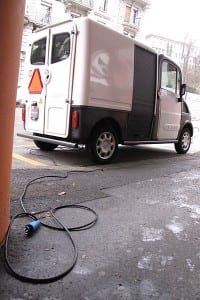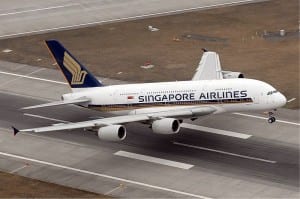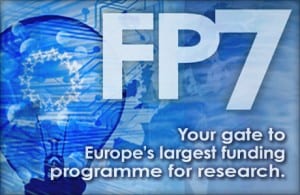
Organization: University of Lincoln UK Short name: UoL
General Description
University of Lincoln UK is a school of engineering, centre of excellence in Industrial power and energy, control and electronic/electrical engineering, engaging in world-class fundamental and applied research, collaborating with industrial partners ranging from SMEs to Multinationals.
Main related expertise
Paul Stewart, Professor of Control Engineering, Head of Engineering, Director EPSRC Network in Airport En- ergy Technologies. Stewart has competences about Electromechanical Energy Conversion: Electrical Machine Design: Permanent Magnet Brushless AC/DC motors and generators; Power optimized designs; Switched reluc- tance motors and generators; Semiconductor power electronic drives design: DC-3/phase AC conversion, active rectifiers, active filters, generator and motor controllers. DC-DC electrical converters, modelling, optimization and control; Hydrogen fuel cell system modelling and control; Energy storage systems simulation, analysis and control: batteries, flywheels, super/ultra capacitors; Electrical power systems architectures: simulation, analysis and design; CFD Turbine and propeller optimization for high altitude operation. In order to, Stewart has compe- tences in Photovoltaic. His relevant applications and Experience about Aerospace: Low carbon Airport opera- tions, Non-linear and intelligent flight control for fast jets and helicopters, More Electric Aircraft: electrical ma- chines, drives and power architectures, power optimized control; Energy scavenging and recovery, power gen- eration and electrical actuators; Power system control. Related publications (others related publications in at- tachment):
Stewart, Paul and Gladwin, D. and Parr, M. and Stewart, Jill (2007) A Multiobjective G.A./Fuzzy Logic aug- mented flight controller for an F16 aircraft. In: IEEE International Conference on Fuzzy Systems FUZZ-IEEE 2007, 23-26 July 2007, Imperial College, London, UK. Stewart, Paul and Stone, D. A. and Fleming, P. J. (2004) Design of robust fuzzy-logic control systems by multi- objective evolutionary methods with hardware in the loop. Engineering Applications of Artificial Intelligence, 17 (3). pp. 275-284. ISSN 0952-1976
Chris Bingham, Professor of Energy Conversion at the University of Lincoln, and was previously Senior Lec- turer in The Department of Electronic and Electrical Engineering, The University of Sheffield, UK, where he was senior member of the Electrical Machines and Drives Research Group (EMD), specialising in advanced systems control and power systems. During his academic career, Prof. Bingham has made significant contributions to a diverse range of funded research, including researching and realising advanced control techniques and novel ac- tuation systems for the control of autonomous underwater vehicles and advanced missiles, electromechanical and electro-hydraulic aircraft flight control surfaces, magnetically-loaded carbon-fibre composite roller systems for multi-axis sheet material handling applications, active magnetic bearings for high–speed flywheel energy storage systems, high performance electromechanically actuated vibratory pile-drivers, and power optimized electrical machines and drives for the more electric aircraft.
Related publications (others related publications in attachment): Schofield, N. and Yap, H. T. and Bingham, Chris (2006) A hydrogen fuel cell – high energy dense battery hybrid energy/power source for an urban electric vehicle. International Journal of Electrical Engineering and Transpor- tation, 2 (2). pp. 25-31. ISSN 1773-9357 Schofield, N and Yap, H T and Bingham, Chris (2005) Hybrid energy sources for electric and fuel cell vehicle propulsion. In: Vehicle Power and Propulsion, 2005 IEEE Conference, 7-9 Sept 2005, USA.




